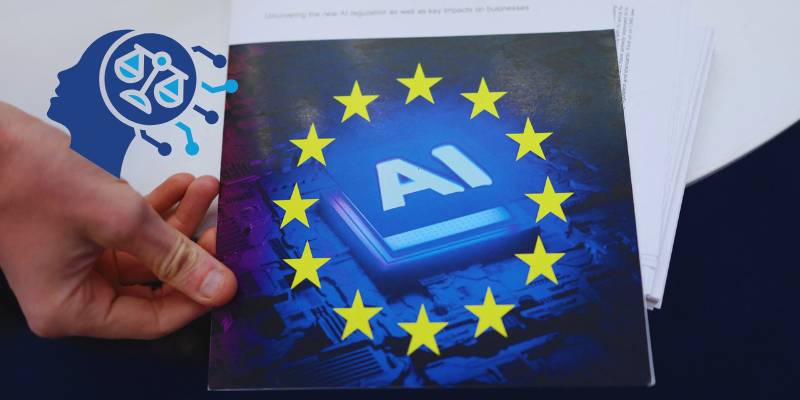The E.U.’s Artificial Intelligence Act (read “””the ‘Belgian EU Artificial Intelligence Act’) that just weeks ago some were declaring to be the global gold standard in AI legislation appears to have picked up a time-out.”
The European Commission is said to be considering a temporary moratorium on some central provisions following pressure from the U.S. and tech titans-news that Silicon Valley will welcome and regulators are fretting over. Read the full story here.
Big tech companies like Meta Platforms and Alphabet Inc., as well as U.S. trade officials, were reported to have pressed Brussels hard, arguing that rules shouldn’t be so tight as to stifle innovation or imperil trade between the United States and the European Union.
That lobbying is real. There is one report which indicates a decision could happen by November 19, 2025.
It’s a bit like watching regulators and tech companies engage in a tug of war – with the future of A.I. suspended between them.
What’s curious is how this changes the story of innovation. Regulatory innovators frequently say “we’ll lead by example” – but when the going gets tough, they pause.
For example, even though the Act comes into force August 2024, some requirements under it were meant to be phased in. But now you have voices saying, “Hey, let’s tap the brakes for a minute.”
Others are not so thrilled. For European lawmakers and watchdogs, relaxing the rules now would send the wrong message – that safety and ethics take a back seat when pressure rises.
This tension is not just logistical, but existential. Will Europe continue to be the world’s regulatory lighthouse on AI, or will it veer toward a business-friendlier stance?
Some industry players say the plan, as initially devised, threatened to regulate ourselves to death.
A previous article cited the CEO of Bosch GmbH warning that Europe could lose out by over-regulating.
On the other hand, another article focuses on concerns from MEPs that if the Act is watered down at this stage it could undermine democratic scrutiny of and trust in AI systems.
Personally? I’m kind of taken by the whole story as emblematic of the age we find ourselves in today, an AI age. There’s excitement, yes-but also anxiety.
We’re balancing innovation, safety, business, sovereignty - all at once. And if governments move too slowly or water down rules at the last minute, we risk a “wild west” for AI deployment.
They could hit too hard, and tech businesses might leave Europe or at least slow their investment.
The trick is getting that balance right – and here, the steering wheel looks like it’s still under construction in Brussels.
Here are a few things to keep an eye on going forward: Does the Commission affirmatively declare a “clock-stop,” or just tinkers?
And how will U.S. trade policy and Big Tech lobbying affect the ultimate form of that structure?
And notably: what does the response look like among startups, researchers and smaller players if the regulatory roadmap grows murky? This is more than policy in EUROPE’s AI ecosystem, it’s also a SIGNAL.


